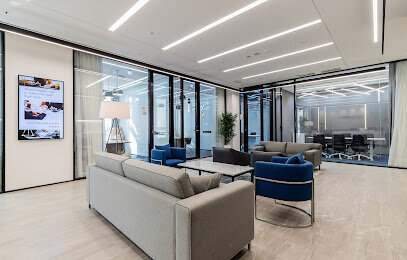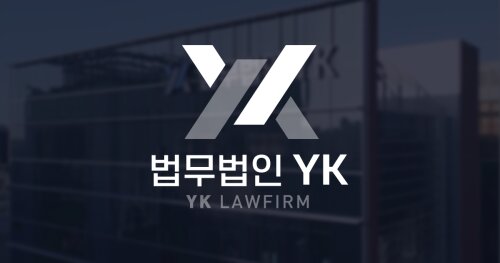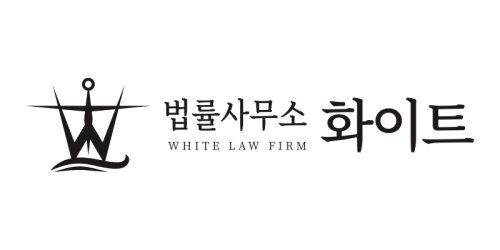Best Criminal Litigation Lawyers in South Korea
Share your needs with us, get contacted by law firms.
Free. Takes 2 min.
Or refine your search by selecting a city:
List of the best lawyers in South Korea
About Criminal Litigation Law in South Korea
Criminal litigation in South Korea involves legal proceedings related to criminal offenses as outlined in the country’s penal code. The process includes investigation, prosecution, and defense in criminal cases, which are handled in the South Korean court system. The Korean legal framework operates under the civil law system, with specified legal codes governing procedural and substantive criminal law. The system emphasizes the protection of the rights of the accused while ensuring that justice is served through a fair trial process.
Why You May Need a Lawyer
There are various situations where individuals might require legal help in criminal litigation in South Korea:
- Accusation or Arrest: If you are accused of a crime or have been arrested, legal representation is crucial.
- Understanding Legal Rights: Navigating the complex legal system and understanding your rights requires professional guidance.
- Building a Defense: A lawyer is essential in gathering evidence, preparing for trial, and formulating a defense strategy.
- Plea Bargaining: Attorneys negotiate plea deals with prosecutors to potentially reduce charges or sentences.
- Appeals: Legal assistance is necessary if you wish to challenge a conviction or sentence through the appeals process.
Local Laws Overview
Key aspects of South Korea’s criminal laws relevant to litigation include:
- Punishment and Rehabilitation: The legal system focuses on both punishment and the rehabilitation of offenders.
- Criminal Procedure Act: This law outlines the procedures for investigation, prosecution, and trial in criminal cases.
- Protection of Human Rights: Accused persons have rights such as the right to a fair trial, the right against self-incrimination, and the right to counsel.
- Juvenile Act: Special provisions exist for juvenile offenders, emphasizing correction and education rather than punishment.
- Drug and Violence Laws: Strict regulations are in place regarding drug offenses and crimes of violence, often carrying severe penalties.
Frequently Asked Questions
What should I do if I am arrested in South Korea?
Remain calm and exercise your right to remain silent until you have legal representation. Request to contact a lawyer immediately.
How can I find a competent criminal lawyer in South Korea?
Consider contacting the Korean Bar Association or a reputable law firm specializing in criminal law to find a qualified attorney.
What are my rights if I'm accused of a crime?
You have the right to remain silent, the right to a fair trial, and the right to legal counsel. You also have the right to be informed of the charges against you.
How long does a criminal case take in South Korea?
The duration varies based on the complexity of the case. Simple cases might conclude in a few months, while complex cases may take years.
Can a foreign national be involved in criminal litigation in South Korea?
Yes, foreign nationals have the same legal rights and are subject to the same legal obligations and processes as South Korean citizens in criminal cases.
What is the role of a prosecutor in South Korean criminal litigation?
The prosecutor is responsible for presenting the case against the accused in court and is involved in the investigation process prior to trial.
Is plea bargaining common in South Korean criminal cases?
While not as prevalent as in some countries, plea bargaining can occur, often for less serious crimes or as a way to expedite proceedings.
What happens if I'm convicted of a crime?
If convicted, you may face penalties such as fines, probation, or imprisonment. Appeals can be made if you believe there was a legal error in the trial process.
How does South Korea handle juvenile offenders?
Juvenile offenders are usually dealt with under the Juvenile Act, focusing on education and rehabilitation rather than punishment.
What are the potential penalties for drug-related offenses?
Drug-related offenses can lead to severe penalties, including lengthy prison sentences and substantial fines, depending on the nature and severity of the crime.
Additional Resources
For those seeking more information or assistance in criminal litigation, consider these resources:
- Korean Bar Association: Offers directories of legal practitioners and advice on finding legal representation.
- Korean Legal Aid Corporation: Provides legal assistance for those unable to afford a lawyer.
- South Korean Court System Website: Offers information on procedures and ongoing reforms in the judicial system.
- Ministry of Justice: Can provide official information on legal rights and recent legislative changes.
Next Steps
If you need legal assistance in criminal litigation, start by consulting with a qualified criminal lawyer to discuss your situation. Research and contact law firms specializing in criminal law, and avail yourself of services from the Korean Bar Association or the Korean Legal Aid Corporation if necessary. Preparing documentation and understanding your rights will be important in any initial consultations with your legal representative. Being proactive in seeking assistance can greatly affect the outcome of your legal proceedings.
Lawzana helps you find the best lawyers and law firms in South Korea through a curated and pre-screened list of qualified legal professionals. Our platform offers rankings and detailed profiles of attorneys and law firms, allowing you to compare based on practice areas, including Criminal Litigation, experience, and client feedback.
Each profile includes a description of the firm's areas of practice, client reviews, team members and partners, year of establishment, spoken languages, office locations, contact information, social media presence, and any published articles or resources. Most firms on our platform speak English and are experienced in both local and international legal matters.
Get a quote from top-rated law firms in South Korea — quickly, securely, and without unnecessary hassle.
Disclaimer:
The information provided on this page is for general informational purposes only and does not constitute legal advice. While we strive to ensure the accuracy and relevance of the content, legal information may change over time, and interpretations of the law can vary. You should always consult with a qualified legal professional for advice specific to your situation.
We disclaim all liability for actions taken or not taken based on the content of this page. If you believe any information is incorrect or outdated, please contact us, and we will review and update it where appropriate.
Browse criminal litigation law firms by city in South Korea
Refine your search by selecting a city.
















